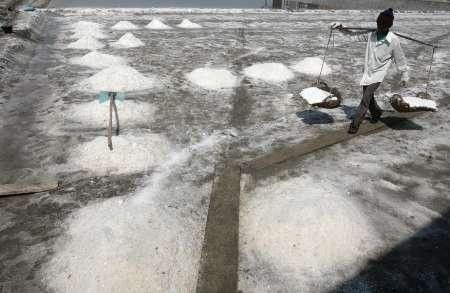New Study Links Hypertension To Lack Of Potassium In Diet

A new study by the Boston University School of Medicine downplays the role of too much salt in high blood pressure. The finding that adolescent girls who ate more dietary potassium had lower BPs in later adolescence could possibly change the global call for salt intake among young people, said Lynn Moore from the university.
The World Health Organisation’s recommendation is to limit sodium intake to not more than 2,000 milligrammes daily. For healthy people between two and 50, the Dietary Guidelines for Americans suggest a slightly higher limit of 2,300 milligrammes.
However, according to the study, consuming 3,000 milligrammes of salt, or even more, has no negative impact on blood pressure. But girls who ate 2,400 milligrammes of potassium a day – such as potatoes, sweet potatoes, bananas, tomato sauce, green veggies, citrus fruits, fish, yoghurt and fat-free milk – logged lower BPs when they moved into their 20s, reports New India Express.
The study, published in the Jama Paediatrics journal, had 2,185 female respondents aged nine to 10 whom the researchers followed for a decade.
In mid-April, a study published in the American Journal of Hypertension found there is a connection between high blood pressure and eating out. That study still included higher salt intake as well as calories and saturated fat when dining out as the reasons for hypertension which affects 70 million adults and 2 million children in the US.
The study was based on a survey of 501 young adults who were aged between 18 and 40 and students at the University of Singapore. Among the data that the research collected were BPs, body mass index, lifestyle, levels of physical activity and frequency of dining out, according to Medical News Today.
Having just one extra meal eaten out once a week increases risk for pre-hypertension by six percent, the study said.
To contact the writer, email: v.hernandez@ibtimes.com.au





















